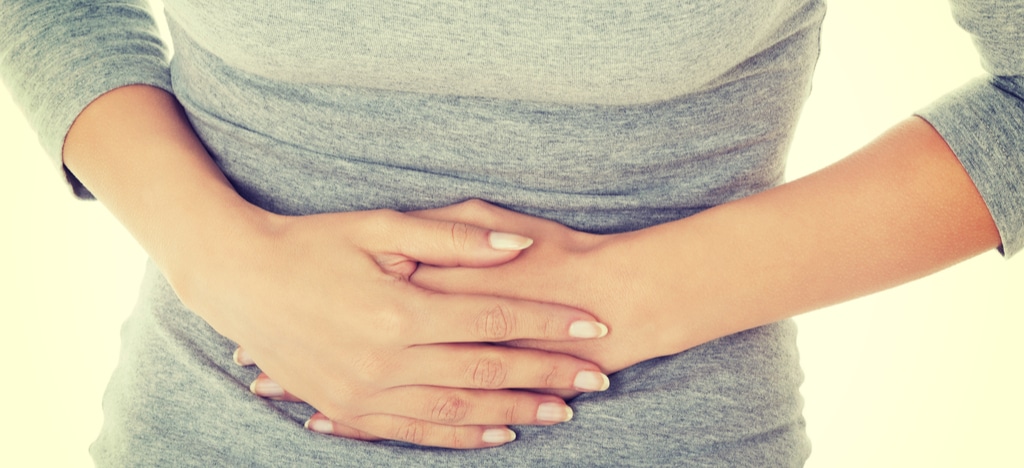Periods-What are they?
Your period is part of the menstrual cycle and causes bleeding from your vagina. The bleeding can last between 3-8 days. Your period usually start’s around the age of 11-13 years, however some women start younger and others older.
It usually happens every month around day 28, however cycle lengths vary.
The amount of blood lost, nature of the blood and pain associated with periods varies between individuals. The first few days of your period tends to be the heaviest and it is normal to have some lower abdominal cramps during this time.
Your period lasts until around the age of 51 years which is the average age of menopause. The majority of women will have finished having a period by the age of 55 years.
What are the most common period problems you see in your clinic?
- Heavy periods
- Painful periods
- No periods/Irregular periods
- Bleeding at abnormal times
What causes these issues?
- Heavy periods
This is the most common problem that I see within my clinic. It can happen at any age but is most common in women first starting their period and in women nearing menopause. It can have a huge impact on quality of life and can lead to people avoiding normal activities during their period. It is difficult to know what a normal period is when comparing with other women, it is very subjective. The heaviest blood flow is usually within the first 3 days.
A lot of the time there is no worrying cause for heavy periods but it can be linked to a variety of problems, endometriosis, polyps, fibroids, endometrial cancer, copper coil, pelvic inflammatory disease, clotting disorders. If your period has changed and is suddenly much heavier than before it is important to make a review appointment.
- Painful Periods
Having lower tummy cramps during the first few days of your period is common. However if you feel the pain is stopping you doing your normal activities or stopping you going to school/work then you should seek help and make a review appointment. It is very common for teenagers and young adults to have painful periods but this tends to get better with age. It is felt that some women may be more sensitive to the prostaglandins that are released to cause the uterus to contract and causes more pain.
If you have never had painful periods and start to have them then this should be looked into to rule out endometriosis, pelvic inflammatory disease and fibroids.
- No periods/Irregular periods
This can be caused by a variety of different factors and a lot of the time your periods reverts back to normal again.
The most common cause for not having your period is pregnancy. If you have missed your period and you have been sexually active it is always important to take a pregnancy test, even if you have been using contraception. If you are breastfeeding it is common not to have your period for the length of time that you continue feeding for or until your milk feeds reduce significantly.
Menopause would cause your periods to stop the average age is around 50-51 years. If you start having hot flushes and your periods have stopped before the age of 45 years you should come for review.
Different types of contraception can cause your period to stop including the IUS (mirena coil), POP (progesterone only pill), Progesterone implant/injection.
It can take some time after stopping some contraception’s including the combined pill before your period starts again.
Other factors that can cause your period to stop or become irregular include weight loss especially if you are now underweight (BMI below 18). Excessive exercise can cause your period to stop.
Stress can play a role in your period stopping for a short while but if you continue to have no period after 3-6 months then you should have a review with your GP.
Hormonal problems can cause irregular periods. The most common problem being PCOS (polycystic ovarian syndrome). This can often be linked with other symptoms such as difficulty loosing weight, excessive hair, acne. Other hormonal issues linked with absent or irregular periods include having too much prolactin, problems with your thyroid gland, adrenal glands.
- Bleeding at abnormal times
This can be bleeding out-with your normal menstrual cycle called inter-menstrual bleeding or postcoital bleeding-bleeding after sexual intercourse.
This needs to be investigated and can be caused by a variety of factors including infection, polyps, fibroids, tumours, cervical ectropions.
How do you look into period problems?
If you are having problems with your periods it is important that you seek help from your GP at IMC. Your GP would take a detailed history and would ask questions regarding your periods, previous gynaecology history, sexual history, contraception, smear tests, medical history as well as medications, family history.
An examination would be carried out and would vary depending on the age and the problem that you presented with.
You may need to have an abdominal examination, vaginal examination, cervical smear test, cervical and vaginal swabs may be taken to check for infection.
Blood tests may be taken to check on a variety of factors including your blood count (anaemia check). Thyroid functions tests, prolactin levels, hormone blood tests may be done.
A urinary pregnancy test may be done to exclude pregnancy.
A pelvic and trans-vaginal ultrasound can determine the structure of your uterus, fallopian tubes and ovaries and determine whether you have a fibroid/polyp or other cause for your period problem.
At times if the cause of the bleeding problem is not found with the above investigations or other investigations are needed then your GP would refer you to a gynaecologist who would at times perform more detailed investigations.
This could include a hysteroscopy, laparoscopy to determine the cause of problem periods.
When should someone seek help?
It is important to seek help at any stage if you are having problems with your periods. If your period changes from your normal then you should be seen. Any irregular, postcoital bleeding requires review.
Can there be long term issues if one doesn’t seek help?
Although a lot of the problems with periods are not worrying and tend to resort back to normal with time it is important to seek help at anytime if you are worried. Your GP can take a full history and examination and determine what investigations and management are required.
Problems with cervical/endometrial/vaginal cancers if caught early can be treated.

Dr Heather King is based at IMC Camden, if you would like an appointment with Dr Heather, please call or 6733 4440 or book online: www.imc-healthcare.com.

































